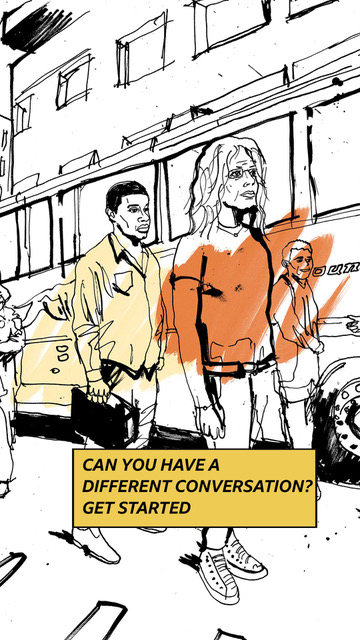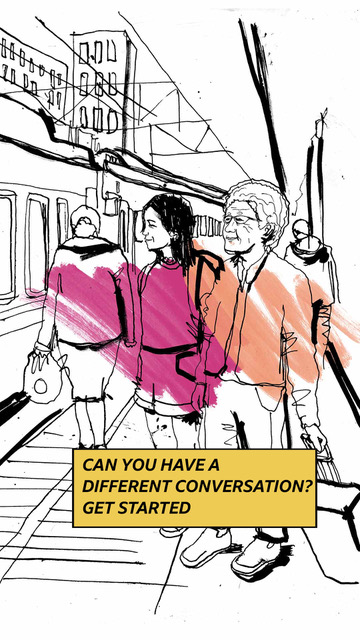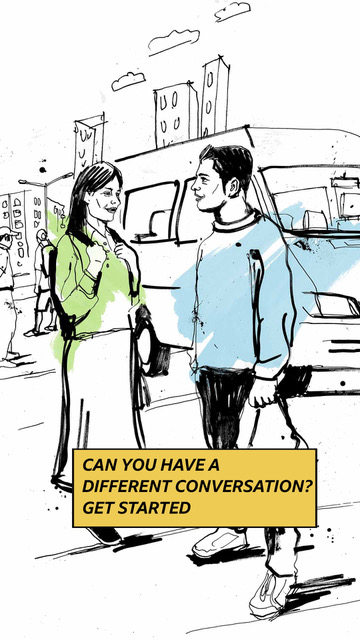It's more about making TV programmes than helping young people get through exams:
It is not a new idea – send a bunch of badly behaved, underperforming kids somewhere different to try to get them to pull up their socks.
Brat Camp,
Jamie’s Dream School,
The World’s Strictest Parents,
That’ll Teach ’Em, they have all tried it. In this one, five delinquent Brits are sent to the Doon School in Dehradun, often called India’s Eton, to get some GCSEs. At the moment, they have one between them – 18-year-old Jack’s C in maths. Which is more than they have in terms of ambition, focus, belief, motivation and application.
The show attempts to give itself credibility by being inspired by a couple of stats: the worst performing group in British education is white working-class boys, and they perform better in ethnically diverse classrooms. But it is really about tossing a bunch of lazy teens way out of their comfort zone, and hoping for amusing cultural differences, tears, tantrums, entertaining bad behaviour and maybe some positive results as well. And it pretty much delivers on all of the above.
They will be in for a considerable number of cultural shocks, says 16-year-old Doon boy Amal. The shocks start on the way from the airport – crazy traffic, cows in the road, a man with pebbles on his head. Then, at the school, there is no loo paper and there is snitching. Jake has brought a bottle of rum and Kanav grasses him up. Jake’s in trouble, already. And in a reading comprehension test, to the question “What helps Maggie get to sleep?” Jake writes: “Xanax and pint”. Ha, quite funny … No! Not funny. Go and see the head teacher now, Jake.
Seventeen-year-old Ethan from south Wales, who will be transitioning when he is a bit older, has not been to any school for two years. The strict rules, traditional values and respect for teachers at the Doon School don’t sit easily with him. The British headteacher, Matthew Raggett, allows him to skip the mandatory short back and sides, accepting that long hair is part of Ethan, but the nail extensions have to go. And it is not long before Ethan is skipping classes and threatening to storm off.
It’s not all bad though. Alfie, 17, gets into a bit of Hindi. Jack does well in Mrs Bhattacharya’s English classes. He needs English GCSE to pursue his dream of being a chef. Jake does well at pottery. There might be some positive results, journeys, even a few GCSEs at the end of this.
Obviously not every English kid who is doing badly can swan off to an elite and very expensive Indian boarding school: this is an experiment rather than any kind of solution, but there might be some lessons learned along the way. Plus, it is amusing TV, taps into its (our) obsession with school, class and race. And, of course, it’s not all down to school – what’s going on at home is quite important, too. There is a telling moment when Harry, 17, is on the phone to his mum, and he is telling her it is going well, the lessons are proper good. But she is straight in asking if he’s behaving himself. She finds out about the rum incident with Jake and starts yelling at Harry: it’s all negative, no encouragement.
Here is a new TV idea: Parents’ School. It doesn’t even have to be in India. I wouldn’t just watch it, I’d go.
.
.
.

























